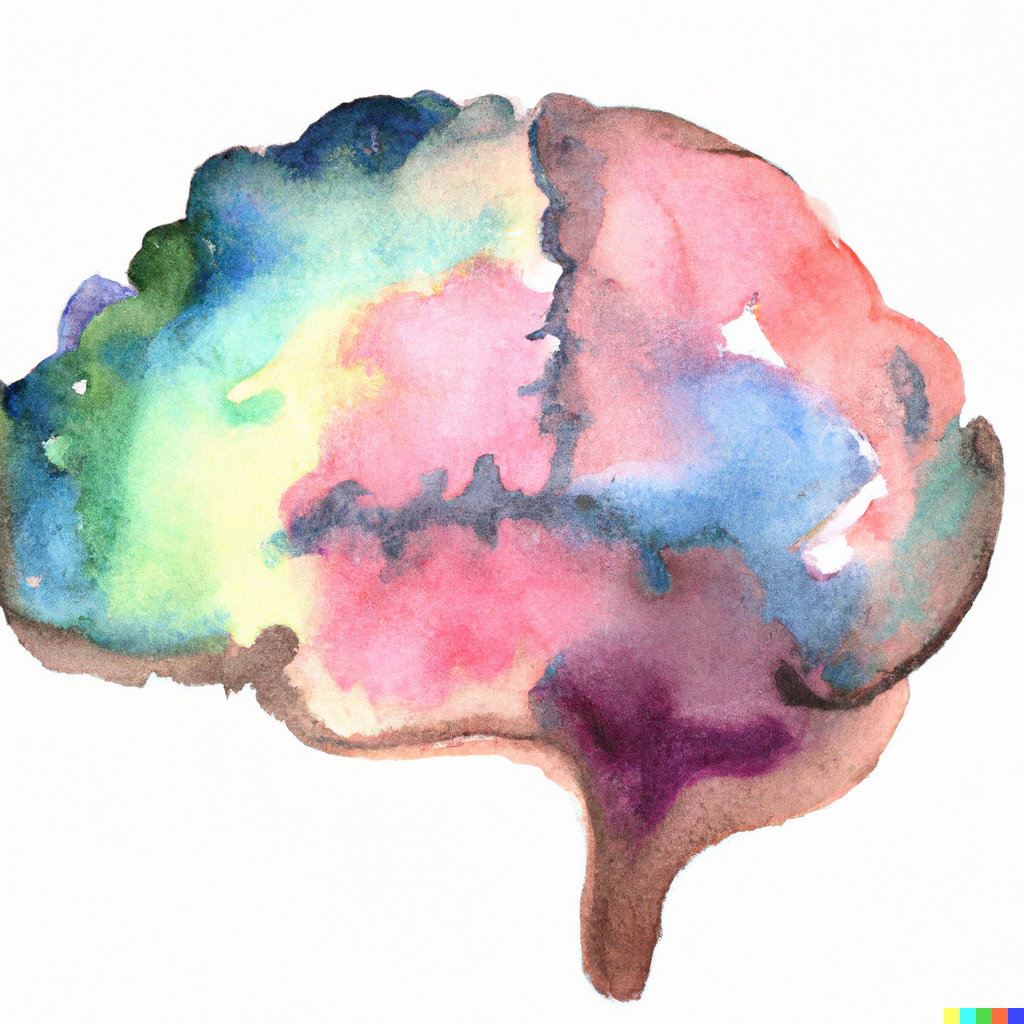
The clinical neuroscience course for Master students provides an in-depth exploration of the relationship between brain function and behavior, with a focus on understanding psychiatric and neurological disorders and their impact on mental health.The course usually covers topics such as neurobiology, and neuropharmacology, providing students with a foundational understanding of how the brain works at both the cellular and systems levels. Additionally, students learn about various research methods used in clinical neuroscience, including neuroimaging techniques such as MRI, EEG and TMS.
Throughout the course, students examine how disruptions in brain function can lead to psychological disorders such as schizophrenia, depression, anxiety disorders, and neurodevelopmental disorders like autism spectrum disorder. They also explore the neural mechanisms underlying cognitive processes such as attention, memory, language, and emotion.
By the end of the course, students typically gain a deeper appreciation for the intricate connections between the brain and behavior, as well as the implications of neuroscience research for diagnosing and treating mental illness. They may also develop skills in critically evaluating scientific literature and designing research studies in clinical neuroscience.
- Enseignant·e: Cherine Fahim Marie
- Enseignant·e: Chantal Rodriguez Torres